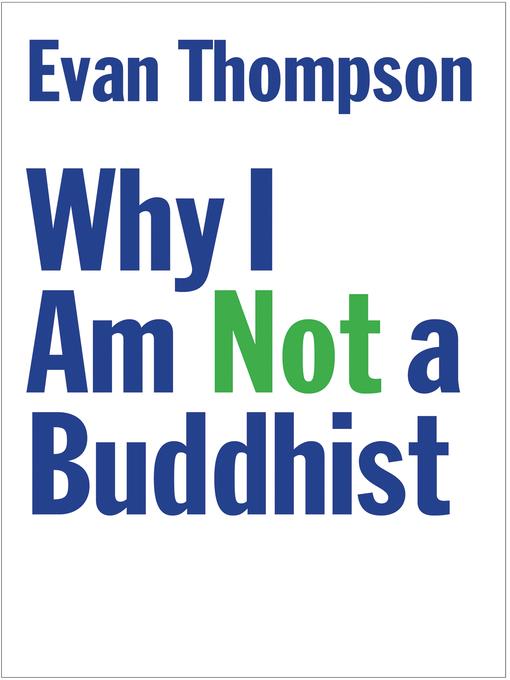
Why I Am Not a Buddhist
کتاب های مرتبط
- اطلاعات
- نقد و بررسی
- دیدگاه کاربران
نقد و بررسی

October 28, 2019
Philosopher Thompson (Mind in Life) presents a convincing case against Buddhist exceptionalism and scientific defenses of the tradition. He opens by showing how the image of Buddhism as especially rational, wise, and empirical arose relatively recently and ignores the historical complexities of the tradition and its faith claims. He next critiques evolutionary psychology as an insufficient, flawed model for asserting the truth of Buddhism. “The self that the Buddha targets as the object of self-grasping—the self as a personal essence—isn’t the only way to understand the self, especially in the context of cognitive science and philosophy today.” He persuasively unpacks the mindfulness craze to show that research on the benefits of meditation (including brain scans of those meditating) is “tentative” and that “the experienced benefits of mindfulness practices... are inseparable from the social and communal settings.” Thompson challenges the aligning of “enlightenment” with scientific understanding by Buddhist modernists as inconsistent because nirvana has many meanings and is based on faith. In his conclusion, he calls for a robust cosmopolitanism that welcomes debate among divergent ideas. The clarity of Thompson’s arguments, including his explanations of models of consciousness, and his genuine regard for Buddhism (despite his skepticism toward claims of superiority) avoid the pitfalls of many similar critiques. This cogent argument will interest readers who are skeptical of Buddhism.

October 15, 2019
A scholarly response to mainstream Western Buddhism. Following in the tradition of Bertrand Russell's Why I Am Not a Christian, Thompson (Waking, Dreaming, Being, 2014, etc.) delivers a timely rebuttal to what he calls Buddhist modernism, the idea, loosely, that Buddhism is not a religion but a science of the mind. Thompson confronts Buddhist modernism as it has been popularized by writers such as Robert Wright, Sam Harris, Stephen Batchelor, and Joseph Goldstein by returning Buddhist teachings and practices to their cultural contexts. Mindfulness meditation, for example, is commonly understood today to reveal the nature of the mind, but as Thompson points out, it "is a practice that shapes the mind according to certain goals and norms, such as making the mind calmer and less impulsive." He makes similar arguments about other central positions of Buddhist modernism, such as the illusory nature of the self, the meaning of enlightenment, and the scientific evidence for the truth of Buddhism. Thompson shows all of these to be far more complex and contested within Buddhism than is widely claimed by modernists. Alongside his criticisms, Thompson offers a positive vision of Buddhism's place in a larger cosmopolitanism. He wishes, finally, "to be a good friend to Buddhism." If he is a friend, though, he is an awfully stern one. As vigorous and informed as Thompson's approach is, it is ultimately more impressive than engaging. One advantage Wright, Harris, and Batchelor have over Thompson is that each is a more elegant stylist. But the precision and technicality of the book are central to Thompson's project. He can't very well get into the weeds as he needs to without getting muddy. While this reality may preclude him from the wide readership his antagonists know, it is a price he pays voluntarily in an effort to keep his readers honest. The forceful, if labored, argument Western Buddhists need to hear.
COPYRIGHT(2019) Kirkus Reviews, ALL RIGHTS RESERVED.

























دیدگاه کاربران